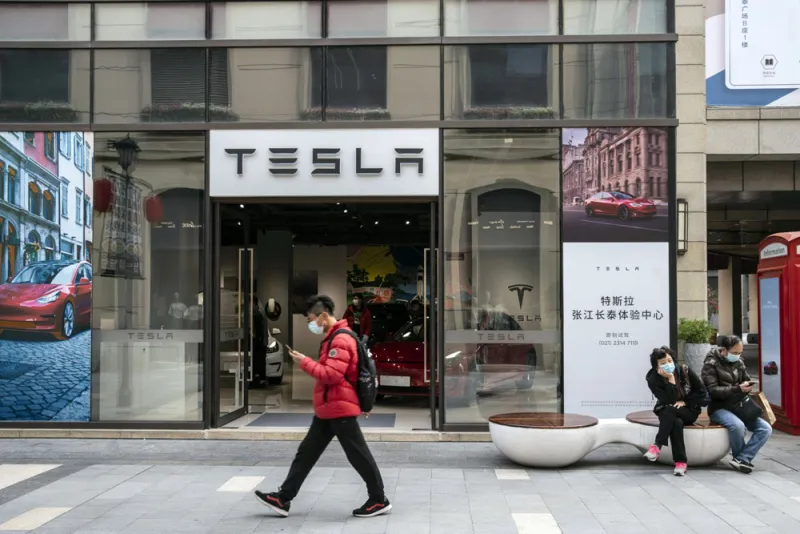The soaring stock valuations of Tesla and other electric vehicle manufacturers are due to a “pricing delusion” that cannot last, according to Research Affiliates chairman Rob Arnott.
“The electric vehicle industry, with its astronomical growth in market-cap over the 12 months ending January 31, 2021, is a prime example of a big market delusion,” Arnott argued in a new paper co-authored with Research Affiliates vice president Lillian Wu and University of California Los Angeles professor emeritus Bradford Cornell.
A “big market delusion,” according to the paper, occurs when all the firms in an evolving industry rise together, despite that fact that they are competing against each other and only some can ultimately succeed. The trio cited airlines as a past example of an industry built around emerging technology, where “virtually every company in the business either failed or merged into a larger airline, most of which also collapsed.”
Paraphrasing Warren Buffett, Arnott and his co-authors explained that technology “does not translate into great fortunes for investors unless it is associated with barriers to entry that allow a company to earn returns significantly in excess of the cost of capital for an extended period.” While recent successes like Apple, Google, and Facebook meet that criteria, Tesla and other electric vehicle companies do not, the authors wrote.
Despite this, valuations of electric carmakers have skyrocketed, with Arnott, Wu, and Cornell noting that the total market value of eight electric vehicle specialists had grown 618 percent in a year to reach $1 trillion as of the end of January — “almost on par with the $1.1 trillion combined value of traditional automakers,” they said.
This rise was largely driven by Telsa, which at the end of January had a market capitalization of $752 billion, ranking it among the ten largest companies in the world by market value.
“At that market capitalization, Tesla accounted for about 75 percent of the total EV group’s market value and 35 percent of the market value of the entire auto industry,” the authors wrote. “Such an immense market capitalization makes sense only if the expectation is that Tesla will come to dominate the entire auto industry, not just the EV market.”
If that were the case, they added, that expectation should be reflected in the falling valuations of competitors including other electric vehicle manufacturers. “However, the reverse is true,” Arnott and his co-authors wrote. “While Tesla’s stock price has been skyrocketing, the prices of competing EV firms have been too.” Even conventional automaker stock valuations have been “rising handily,” they added.
[II Deep Dive: Rob Arnott Warns Tesla Stock Is Showing Signs of a Bubble — and Indexers Are About to Buy High]
Excluding Tesla, the electric vehicle specialists had a combined market value of $268 billion at the end of January — more than Toyota’s then-$228 billion market capitalization, the largest of any traditional automaker.
“All of these companies are priced as if they are going to be huge winners, but they are competitors,” the authors argued. “They cannot all assume dominant market share in the years ahead!”
Such valuations, Arnott, Wu, and Cornell concluded, are “simply not sustainable over the long term” in the highly competitive and capital-intensive auto industry.
“We suspect that as EV competition heats up, many companies will fail, as was the case in previous industry booms — whether autos, airlines, or technology — and with time the total value of the industry will recede to more reasonable levels,” they concluded.







